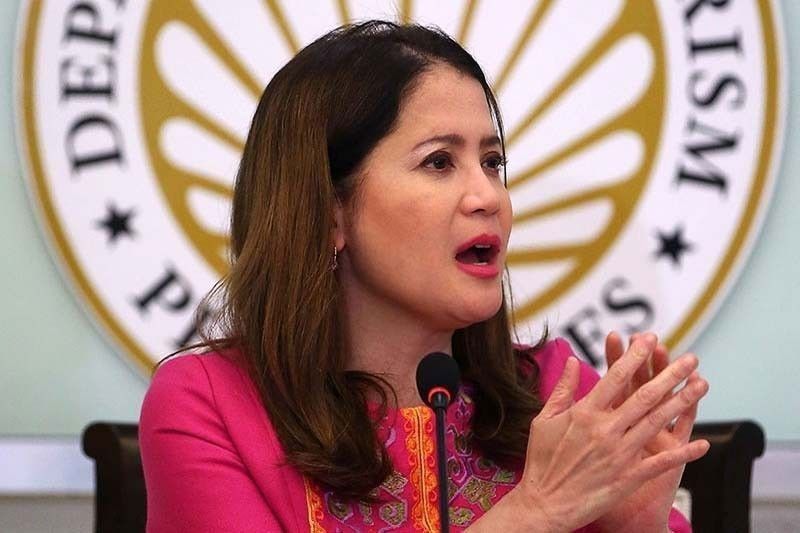Rise of Airbnb brought jitters to hotel industry

CEBU, Philippines — There were dozens of surprises the tourism industry gave to Cebu in 2019, but behind its rhythm are the jitters brought about by the rising business of the yet untaxed hospitality dimension—Airbnb.
The rise of Airbnb accommodations in Cebu is one of the highlighted concerns by hospitality providers in the province, although on one side, it pushed arrivals further specifically the backpackers, and FITs (Frequent Individual Travellers).
Airbnb is an online marketplace and hospitality service, enabling people to list or rent short-term lodging including vacation rentals, apartment rentals, homestays and hostel beds.
Last month, the Hotel, Resort and Restaurant Association in Cebu (HRRAC) reported that the occupancy state in Cebu at least for 2019 has clearly been affected by the growing number of rooms being made available under the online hospitality marketplace.
“Airbnb is eating the market of the hotels already,” said HRRAC president Carlo B. Suarez.
In 2019, HRRAC joined the national group in asking the government to seriously look into the Airbnb business.
According to HRRAC president Carlo Suarez, the rising number of Airbnb facilities is already hurting the hotel sector, and this needs an intervention from the government, in terms of regulations.
“We felt the decrease in number [of bookings] in 2019,” said Suarez adding that if this trend will continue Cebu hospitality sector expects to another challenge starting 2020.
Early 2019, HRRAC formalized its request to the government through DOT to craft proper regulations on the Airbnb service to level the playing field.
Suarez expressed fears that the usual fully-booked Christmas and Sinulog seasons will be adversely affected this time, as decline of hotel bookings was noted last year.
“We hope that that DOT and the LGUs to look into this as the impact is negatively affecting hotels and resort all over Cebu,” Suarez said.
“We have experienced a decrease in room occupancy this year which we believe is in part due to a surging number of condos and apartments being offered through Airbnb in Cebu,” he added.
At present, accommodation facilities being accredited by the Department of Tourism (DOT) include hotels, resorts, apartment hotels, pension houses, motels, tourist inns and homestays.
Airbnb had 12 million guests checked into an Airbnb listing in off-the-beaten-track destinations in Asia-Pacific in the past year, a 70 percent growth rate year-over-year.
To date, there are almost 500,000 Airbnb listings in these destinations.
Airbnb’s community of hospitality entrepreneurs in these atypical destinations collectively earned nearly $1 billion through hosting on Airbnb in 2018.
Philippine Hotel Owners Association (PHOA) board member Arthur Gindap said as long as the Philippines has no clear regulations that govern the Airbnb, it remains an underground business.
Gindap said that there is a need for the government to provide a level playing field in the hospitality business, as Airbnb promotes imbalance in the industry.
Legitimate hospitality businesses follow the rules, pay taxes, and other duties, while the increasing number of rooms floated in the online Airbnb bookings do the same business, without adhering to any other responsibilities expected of a legitimate business.
Gindap, who is also the general manager for Robinsons Hotels and Resorts group, which now has a combined room portfolio of over 4,000, hopes that legislative measures to regulate Airbnb is an urgent issue, as the country’s tourism sector is on its peak.
While the industry welcomed the move of Department of Tourism (DOT) secretary Bernadette Romulo-Puyat to develop an accreditation system for Airbnb units in the country, Gindap said it has to be implemented as soon as possible.
Puyat announced also this year, that DOT is looking to discuss plans of accrediting Airbnb units with the private sector.
“We have to talk to the private sector on how to accredit because that’s our problem we cannot accredit them,” the secretary was quoted in a report.
There are over 60 thousand Airbnb listings in the Philippines, and this is growing dramatically.
Worldwide, the 11-year-old start-up success story, recorded a whooping 6 million listings in 21 thousand cities around the world.
Airbnb as a company is now worth US$30 billion.
It is also during 2019, that the home sharing platform pledged to work with the Philippine government regulators around the world, including its fast growing destination, the Philippines, amid issues on taxes, and other regulations.
In his visit to Cebu in May 2019, Airbnb co-founder Nathan Blecharczyk said that the company is ready to work and cooperate with every government regulatory system, in every country they are in, saying though platform is quite new, it wants to be a part of the revenue contributing industries.
“The sharing economy is a new paradigm, and it’s not being anticipated [by government regulators].” said the young billionaire innovator, adding that the company understood that this kind of digital business provides grey areas in terms of fitting in to the existing laws and regulations in most governments.
“We want to build allies with the government because we building long term business,” said Blecharczyk.
- Latest

















